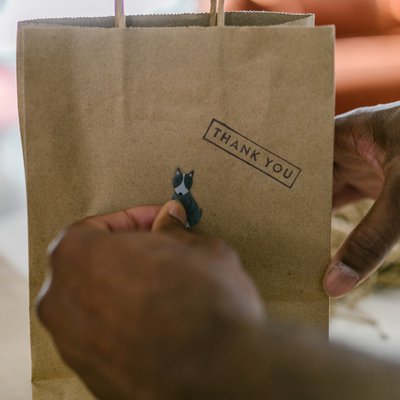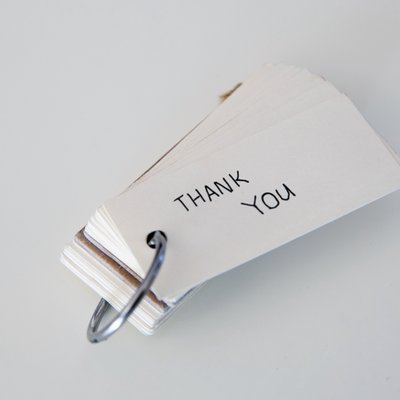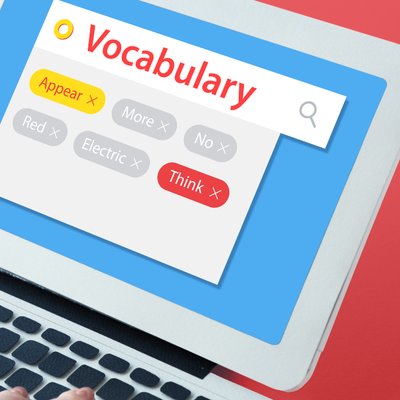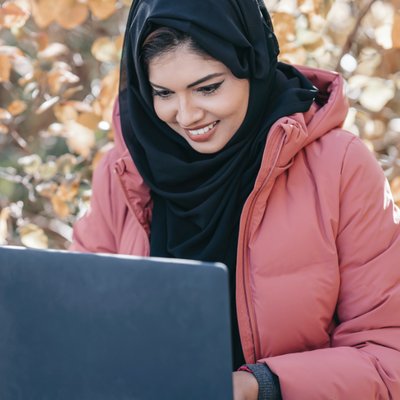Expressing gratitude is a fundamental aspect of human interaction. It plays a pivotal role in fostering positive relationships and enriching communication.
"Gratitude is not only the greatest of virtues but the parent of all others," said Cicero, a renowned Roman statesman, philosopher, and orator.
Ways to Say Thank You in English Slang
In everyday conversations, English speakers frequently employ slang expressions to convey gratitude. These informal expressions add a touch of familiarity and warmth to your thank-you messages.
- Cheers: A casual and friendly way to say thank you, often used among friends and colleagues.
- Ta: A shortened form of "thanks," commonly used in British English.
- Much obliged: A more formal way of expressing gratitude with a touch of politeness.
- You're a lifesaver: Used when someone has been exceptionally helpful.
- Props: A slang term acknowledging someone's achievements or assistance.
- Big thanks: A slightly more emphatic way to express gratitude informally.
- Thx: A casual and abbreviated form of "thanks," commonly used in texting and online communication.
How to Say Thank You in English for Birthday
Wishes Birthdays hold a special place in our hearts, and responding to birthday wishes with gratitude is a heartfelt gesture.
Here are several ways to convey your thanks on your special day:
- "Thanks for making my day extra special!": Expresses appreciation for the person's role in your joy.
- "Your birthday wishes warmed my heart.": Conveys the emotional impact of their well-wishes.
- "I'm so grateful for your thoughtful wishes on my birthday.": Demonstrates sincere appreciation for their consideration.

Short Definition of "Thank You" and Its Importance in Communication
"Thank you" is a succinct and universally understood expression of gratitude. It serves as a fundamental way to convey appreciation and acknowledge the kindness or favor extended by another person. This simple phrase carries the weight of gratitude, making it one of the most commonly used expressions across cultures and languages. It's a verbal gesture that signifies recognition and respect for the actions or words of another individual.
Importance in Communication
The significance of "thank you" in communication extends far beyond its brevity. It plays an important role in fostering positive interpersonal relationships and enhancing the quality of human interaction.
Here are some key aspects of its importance:
Acknowledgment of Kindness: Saying "thank you" is a fundamental way to recognize and appreciate the thoughtfulness, generosity, or assistance of others. It validates their actions and shows that their efforts have not gone unnoticed.
Gratitude Expression: "Thank you" is a tangible way to express gratitude. Gratitude is a powerful emotion that has been linked to increased well-being and happiness. By verbally expressing our thanks, we not only convey appreciation to others but also experience the positive effects of gratitude ourselves.
Politeness and Courtesy: In many cultures, saying "thank you" is considered a polite and courteous behavior. It demonstrates respect for the person who has helped or provided something and reflects positively on the speaker's manners and character.
Relationship Building: Gratitude is a cornerstone of strong and positive relationships. When we express our thanks genuinely, we strengthen the bonds with the people around us. It creates a sense of reciprocity and goodwill, encouraging others to continue offering their support and kindness.
Conflict Resolution: In challenging situations or conflicts, acknowledging the efforts or gestures of others with a "thank you" can help diffuse tension and open the door to constructive dialogue. It shows a willingness to find common ground and work toward resolution.
Positive Communication Atmosphere: "Thank you" contributes to a positive communication atmosphere. It encourages a culture of appreciation and positivity, making interactions more enjoyable and productive.

The simplicity of "thank you" belies its profound impact on communication and human relationships. It is a universal language of gratitude and appreciation that transcends cultural boundaries. By incorporating this expression into our daily interactions, we not only show respect and kindness to others but also create a more harmonious and positive world.
"The essence of all beautiful art is gratitude," once expressed Friedrich Nietzsche, a renowned German philosopher and philologist.
Overview of Different Ways to Say "Thank You" in English
In English, there is a plethora of ways to express gratitude. These expressions can be categorized into formal and informal, allowing for a versatile range of options.
Formal Ways to Say "Thank You"
- "Thank you": A polite and standard expression of gratitude.
- "Thank you very much": Adds emphasis to your appreciation.
- "I am grateful for...": Demonstrates a deeper sense of thankfulness.
- "I appreciate...": Conveys respect and acknowledgment.
Informal Ways to Say "Thank You"
- "Thanks": A friendly and commonly used way to express gratitude.
- "Thanks a lot": Adds warmth and familiarity to your thanks.
- "Thanks for everything": Indicates appreciation for comprehensive support.
- "Cheers": A casual and friendly way to say thank you among peers.
Phrases to Express Deeper Gratitude
Sometimes, a standard thank you doesn't capture the depth of your appreciation. In such cases, consider these phrases:

- "I can't thank you enough for...": Expresses a high level of gratitude.
- "I am indebted to you for...": Conveys a sense of obligation and deep appreciation.
- "I will always be grateful for...": Suggests enduring gratitude for a significant gesture or support.
What Is the Best Way to Say Thank You?
Choosing the best way to say thank you depends on the context and your relationship with the individual. Sincerity and context matter more than the specific words. Select an expression that feels genuine and appropriate for the situation.
How Can I Express Thanks in English?
To effectively express thanks in English, consider the context and the level of formality. Tailor your expression to match the occasion and your relationship with the person you are thanking.
"Thank You a Lot" Synonym
If you want to replace "Thank you a lot" with a synonym in informal settings, you can use expressions like "Thanks a ton" or "Thanks a bunch" to add a touch of enthusiasm to your gratitude.
Gratitude transcends language barriers, and expressing it in various ways enriches our relationships and fosters positivity. Whether in spoken or written form, saying thank you in different ways enhances the quality of our interactions and strengthens the bonds we share with others.













